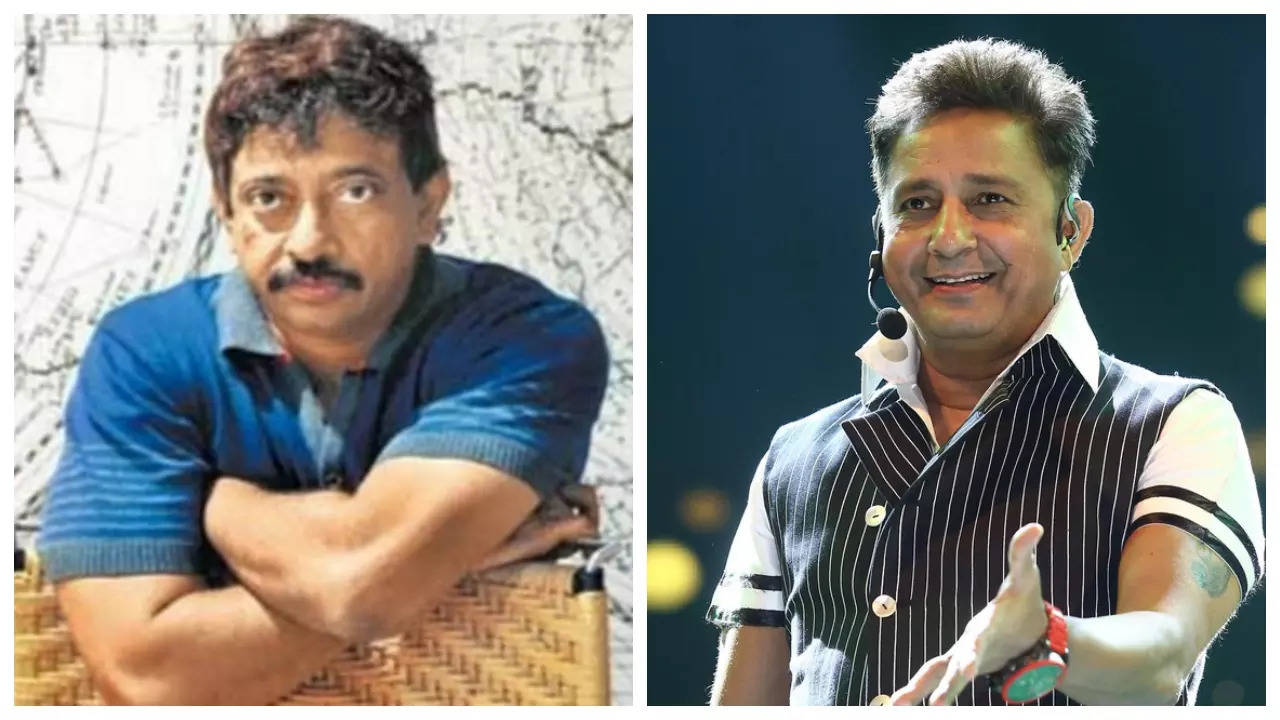rewrite this content and keep HTML tags
The song ‘Jai Ho‘ from Danny Boyle‘s 2008 drama ‘Slumdog Millionaire‘ gained worldwide acclaim when it won the Academy Award for Best Original Song. Penned by Gulzar and sung by Sukhwinder, it was revealed that Sukhwinder was the one who composed the music for the track, originally intended for Subash Ghai’s film ‘Yuvvraaj,’ starring Salman Khan and Katrina Kaif.This disclosure came from RGV during an interview with Film Companion.
Sukhwinder clarified that AR Rahman composed the song, while he only provided vocals. He suggested that Ram Gopal Varma may have misunderstood something, emphasizing Varma’s stature in the industry.Sukhwinder reminisced about the creative process behind the song, mentioning how Gulzar wrote the lyrics, which Rahman appreciated and then composed it at Sukhwinder’s studio in Juhu, Mumbai. Subhash Ghai heard the song before Sukhwinder’s vocals were recorded.
Ram Gopal Varma to contest against Pawan Kalyan in Lok Sabha elections 2024
Sukhwinder revealed that although the filmmaker appreciated the song, he felt it didn’t suit the narrative of Yuvvraaj and asked Rahman to create a new track. Despite Rahman’s insistence on the song’s quality, Subhash Ghai insisted on a more upbeat and spicy track, prompting the need for an entirely new composition.
After Rahman and Subhash Ghai departed, Sukhwinder expressed his sadness and requested Gulzar to remain for a while longer. He wanted to give singing a try, acknowledging Gulzar’s excellent lyrics. He casually sang ‘Jai Ho,’ which remains the same version heard today. Rahman shared it with Danny Boyle, fulfilling his promise, and provided a new song for Yuvvraaj as well.
Before, RGV alleged that when Subhash Ghai visited Sukhwinder’s studio to hear the song, he was surprised to learn that Rahman hadn’t composed it. Ghai expressed his frustration to Rahman, questioning why he was paying him as the music director when Sukhwinder was creating the tune. Ghai asserted his authority, stating he could sign Sukhwinder himself if needed.
RGV praised Rahman’s response to Ghai as extraordinary, considering it one of the greatest he’s ever heard. Rahman pointed out that Ghai was paying for his reputation, not necessarily his original compositions. He emphasized that once he endorsed a piece, it became his creation, questioning Ghai’s knowledge of where inspiration for music originated, highlighting the subjective nature of creativity.


